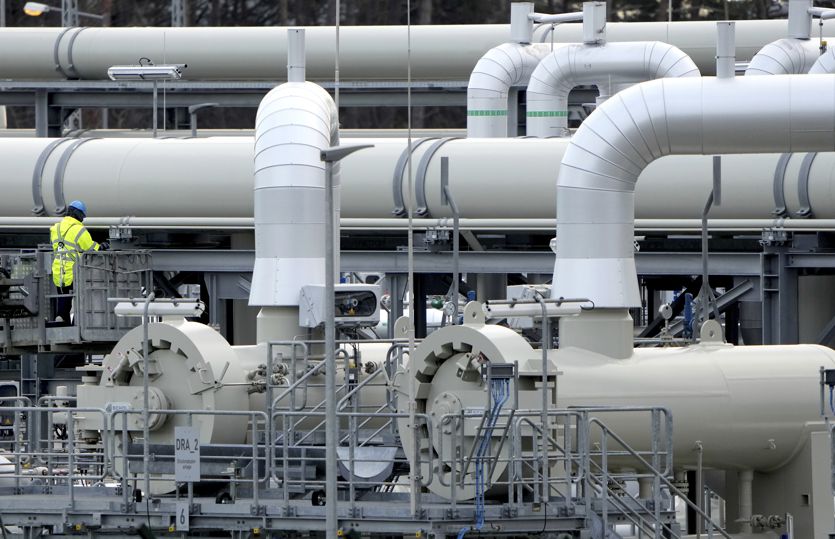Eni is evaluating the start of the procedure necessary to open a double account, one in euros and one in rubles, in order to respect the payment of gas supplies arriving from Russia so as not to violate contracts with Gazprom. This was reported by some sources close to the dossier. An Eni spokesperson, consulted by the Radiocor agency, explains that “Eni is still carrying out its assessments and has not started the procedure for opening the two accounts at the moment”. The Italian group would be waiting for the last useful moment pending any regulatory measures by the European institutions. According to the sources, it would involve opening two new accounts: the payment would take place in the contractual currency and then it would be subsequently converted into rubles by a third party operator.
Eni’s choice of a prudent line on the payment front for Russian gas supplies comes a few days before the new deadlines for gas payments in Moscow, and follows the opening, made official by the EU over the weekend, to the possibility for European companies to proceed by complying with the Kremlin’s requests without violating sanctions. In practice, the ban on paying for supplies in rubles remains. But the companies, once the sum has been paid in euros or dollars, with a public declaration will be able to consider their contractual obligations with Moscow respected. At that point, the European Union will consider the subsequent conversion into rubles an “internal” step, involving only Russia. And to which Brussels will consider itself a stranger.
Timmermans, gas in rubles violates sanctions, ok accounts in euros
“Paying gas in rubles involves a violation of sanctions, we have made it clear in recent days. And we have provided an explanation of how companies and Member States could act. Opening euro bank accounts is not a violation, but it can be used to circumvent penalties. We need to make sure that sanctions are not circumvented and we have given instructions to states and companies. I hope that companies will be able to work without problems ”, confirmed Frans Timmermans, executive vice president of the European Commission and commissioner for the European Green deal, recently interviewed by Radio 24.
Complex rebus born at the beginning of the invasion
The puzzle about how to pay for Russian gas supplies in currency was born on March 31, when the Kremlin passed a decree that obliges European companies to open two accounts to buy gas: one in euros and one in rubles. And it links the fulfillment of the agreements provided that the conversion of the payment into the Russian national currency. The ordinance, however, did not specify the timing for the currency exchange and directly involved the Russian Central Bank, affected by Western sanctions. All elements which, according to EU experts, resulted in an avoidance of restrictive measures.
Compromise useful to both parties
Brussels therefore put pen to paper that disbursements could be made exclusively in euros or dollars, without ever referring to rubles. An approach that was not enough for several Member States: many, including Italy, asked for greater clarity. The first opening came last weekend directly from Gazprom which, in a letter sent to customers, assured that the payments can be completed in euros and declared that the Russian Central Bank was not involved in the currency exchange, thus excluding a direct role of the Central Institute in the crosshairs of sanctions. A compromise that Brussels jumped at. On Friday 13 May at the Berlaymont building, the director general of the DG Energy of the European Commission, Ditte Juul-Joergense, summoned the representatives of the EU countries to illustrate the update of the guidelines published on 21 April.
